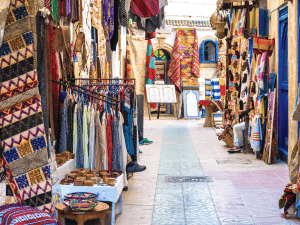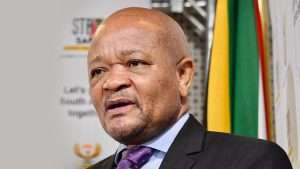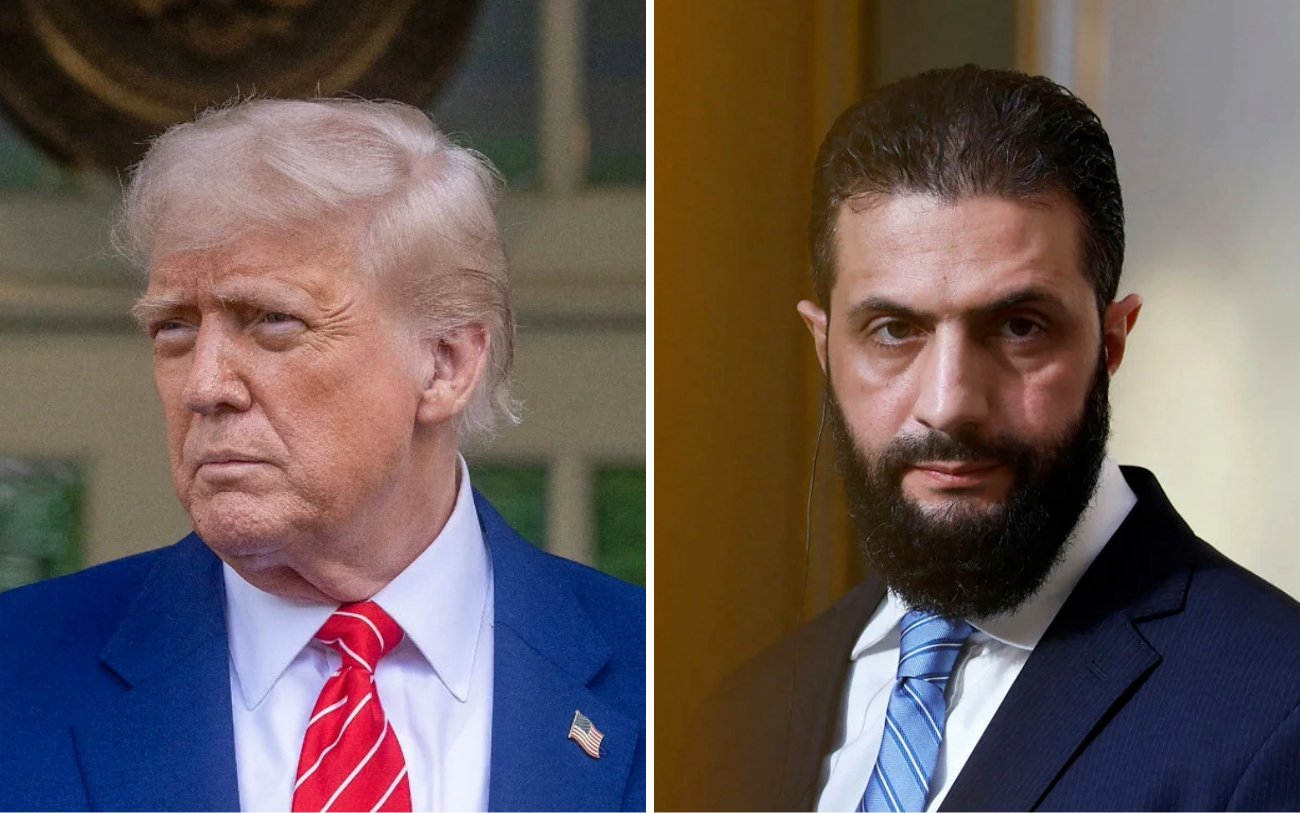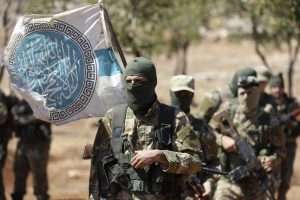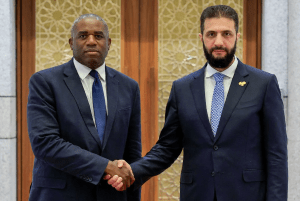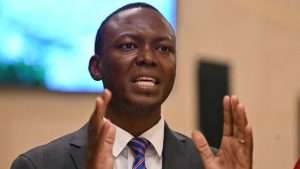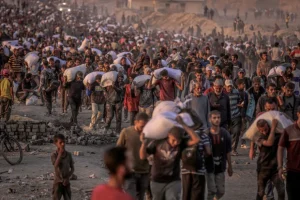World leaders assemble for a BRICS summit in Rio de Janeiro
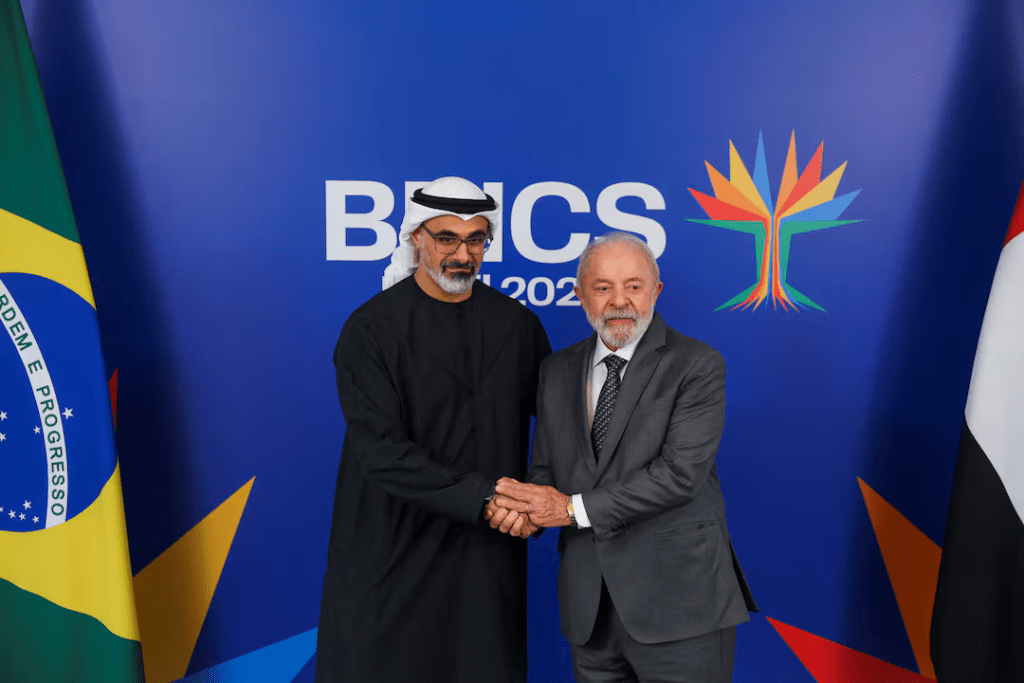
Leaders of the growing BRICS group are meeting in Rio de Janeiro on July 7th, and are set to discuss what they consider an insidious state of control by western dominated institutions, reports Reuters on July 6th.
Nations from the Middle East and North Africa (MENA) like Egypt, United Arab Emirates, Iran, Ethiopia (according to some classifications), and Saudi Arabia are full-ledged members of the group, and constitute a polarity therein, if not a combined interest group.
The topic of discussion stems from recent volatilities in international forums like the G7 and G20, rife with diplomatic rifts. Divisive issues such as the conflict in Ukraine and the Trump administration’s sweeping declaration of trade wars have rendered existing diplomatic frameworks impracticable for many nations caught on either side or in-between.
A Brazilian diplomat wishing to remain anonymous told Reuters that “The vacuum left by others ends up being filled almost instantly by the BRICS.” The source went on to say that although the G7 still concentrates vast power “it doesn’t have the predominance it once did.”
Brazilian President Luiz Inacio Lula da Silva proposed that “In the face of the resurgence of protectionism, it is up to emerging nations to defend the multilateral trade regime and reform the international financial architecture”
Lula stressed the combined influence of BRICS nations, pointing out that they represented over half the global population and around 40% of the global economic output. The hosting nation seems adamant about promoting the power and practicability of the BRICS group.
As the group expands, its accumulating political weight makes its stated intentions to influence the architecture of international institutions like the UN Security Council and the International Monetary Fund (IMF) more viable.
However, due to the natural multiplicity that comes with growth in membership, there are uncertainties about commonality of interests within the group. The group now contains regional rivals like Iran and the Arab nations, and quickly developing nations whose economic and political growth will escalate their regional and global competitiveness, such as Indonesia, who enters the summit as a full member for the first time, since Maghrebi.org reported on its imminent admission to the group.
Two anonymous sources speaking to Reuters highlighted the challenges of diversity of interests in the burgeoning group. They said that the group failed to come up with a consensus on wording a joint statement about the bombardment of Gaza, the Israel-Iran conflict and a proposed reform of the Security Council.
Another source told Reuters that to settle disagreements among African nations with regard to the continent’s proposed representative to a hypothetical reformed Security Council, the group agreed to endorse seats for Brazil and India while agreeing to leave open the question of which country should represent Africa’s interests
Some heads of state like the leaders of Saudi Arabia, China, Iran, Egypt, and Russia are absent or likely to be absent this year due to complications spanning judicial, scheduling, home-front tensions, etc. However, many heads of state and senior officials are in attendance, such as Sheikh Khaled bin Mohamed Al Nahyan, the crown prince of the UAE. They will be courted by representatives of over 30 nations that wish to either join or partner with BRICS.
Among many meetings, declarations, and decisions made in the preamble of the main summit taking place on July 7th, UAE and China have indicated to the Brazilian Finance Minister Fernando Haddad that they intend to fund tropical forest conservation efforts in Brazil. A notion relevant in the run-up to the United Nations climate summit taking place in Brazil in the coming November. And perhaps in the light of the Trump administration’s intended withdrawal from US ecological initiatives and involvements.
As BRICS aims to coordinate amid the vagaries of its rapid expansion, the Rio de Janeiro summit is likely to prove to be an important indicator of the direction the association will take in these times of change.
Reuters, Maghrebi.org
Want to chase the pulse of North Africa?
Subscribe to receive our FREE weekly PDF magazine




